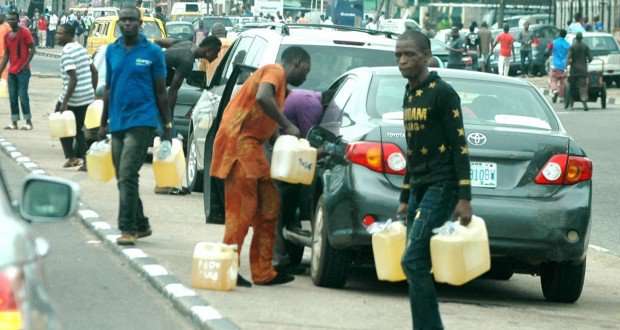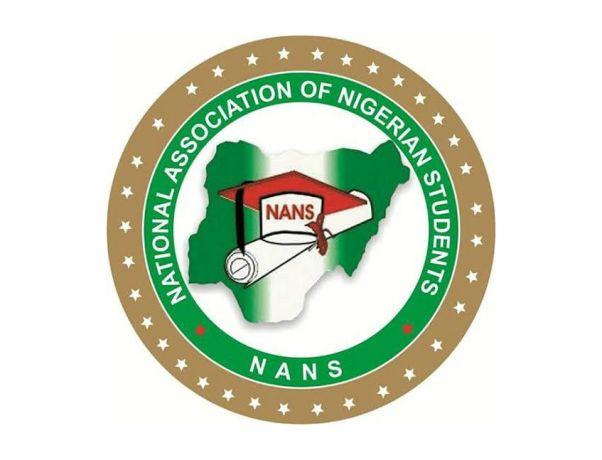The Federal Government disbursed about N173.2bn for the equalisation of over 11.6 billion litres of Premium Motor Spirit, popularly called petrol, between 2019 and 2022, data obtained from the Federal Ministry of Petroleum Resources on Tuesday showed.
PMS price equalisation is done by the Federal Government through the Nigerian Midstream and Downstream Petroleum Regulatory Authority, in which the NMDPRA ensures price uniformity of petroleum products via the reimbursement of marketers for trucking products to filling stations anywhere in Nigeria.
A document obtained by our correspondent from the FMPR in Abuja, on the scorecard of the ministry since 2019, showed that over N173.2bn had been disbursed to equalise the cost of petrol nationwide.
But despite the hundreds of billions spent on PMS price equalisation, the cost of the commodity has hardly been equal in various states, outside Lagos and Abuja.
Currently, for instance, the price of petrol at mega stations owned by major marketers in Abuja and Lagos hovers between N179 and N180/litre, but the cost of the commodity in many independent retail outlets in other states is usually higher than N250/litre.
The price disparity across states has lingered for years, as one hardly gets the commodity at the same cost in all 36 states and the Federal Capital Territory.
In fact, in some retail outlets operated by independent marketers in major cities like Abuja and Lagos, the cost of PMS is over N200/litre, whereas the approved rate is N179-N180/litre. This, however, is despite the equalisation fund being disbursed by the government.
Providing a progress report on efforts to eradicate the smuggling of PMS across Nigerian borders, the Minister of State for Petroleum Resources, Chief Timipre Sylva, stated in the document that a total of 255,659 truck-outs were equalised during the review period.
He said “11,622,926,494 litres (of PMS was) equalised. N173,200,284,779 (approx.) equalisation paid. 1,277 supplying vessels tracked. 25,525,688,042 litres of total PMS discharged.”
The minister explained that 66.7 million litres of PMS was the average daily sufficiency during the period, adding that the total truck-out volume was 24,346,614,589 litres.
He also stated that the target of the FMPR was to ensure energy sufficiency in power and petroleum products, as well as reduction in the volume of smuggled PMS through improved technology.
Others include PMS equalisation to close differential cost, and to undertake routine end-to-end tracking of petroleum products cargos using Lloyds List Intelligence and Refinitiv.
Sylva, however, stated that the key challenges to achieving these targets were market infractions, defaulting marketers, delay in submission of out-turn forms by marketers, arrival/discharge quantity variation, and sharp practices by operators.
On the support that was required, he said there was a need for full system automation, review of existing policies, ensure strict compliance with regulations and strong inter-agency collaboration and transparency for petroleum product supply value chain activities around the border.
On the gas flare commercialisation programme, the document stated that the government had identified 48 flare sites, adding that the plan was to allocate them this year.
“48 flare sites have been identified. Six of them have been taken out of the basket because they are not commercially viable (because the flare volumes are minimal). The plan is that these flare sites will be allocated by Q4 2022,” the petroleum ministry stated.
The Punch

 Boss Picks4 days ago
Boss Picks4 days ago
 Opinion6 days ago
Opinion6 days ago
 Events5 days ago
Events5 days ago
 Opinion4 days ago
Opinion4 days ago
 Adding Value5 days ago
Adding Value5 days ago
 Featured5 days ago
Featured5 days ago
 News5 days ago
News5 days ago
 Headline3 days ago
Headline3 days ago














